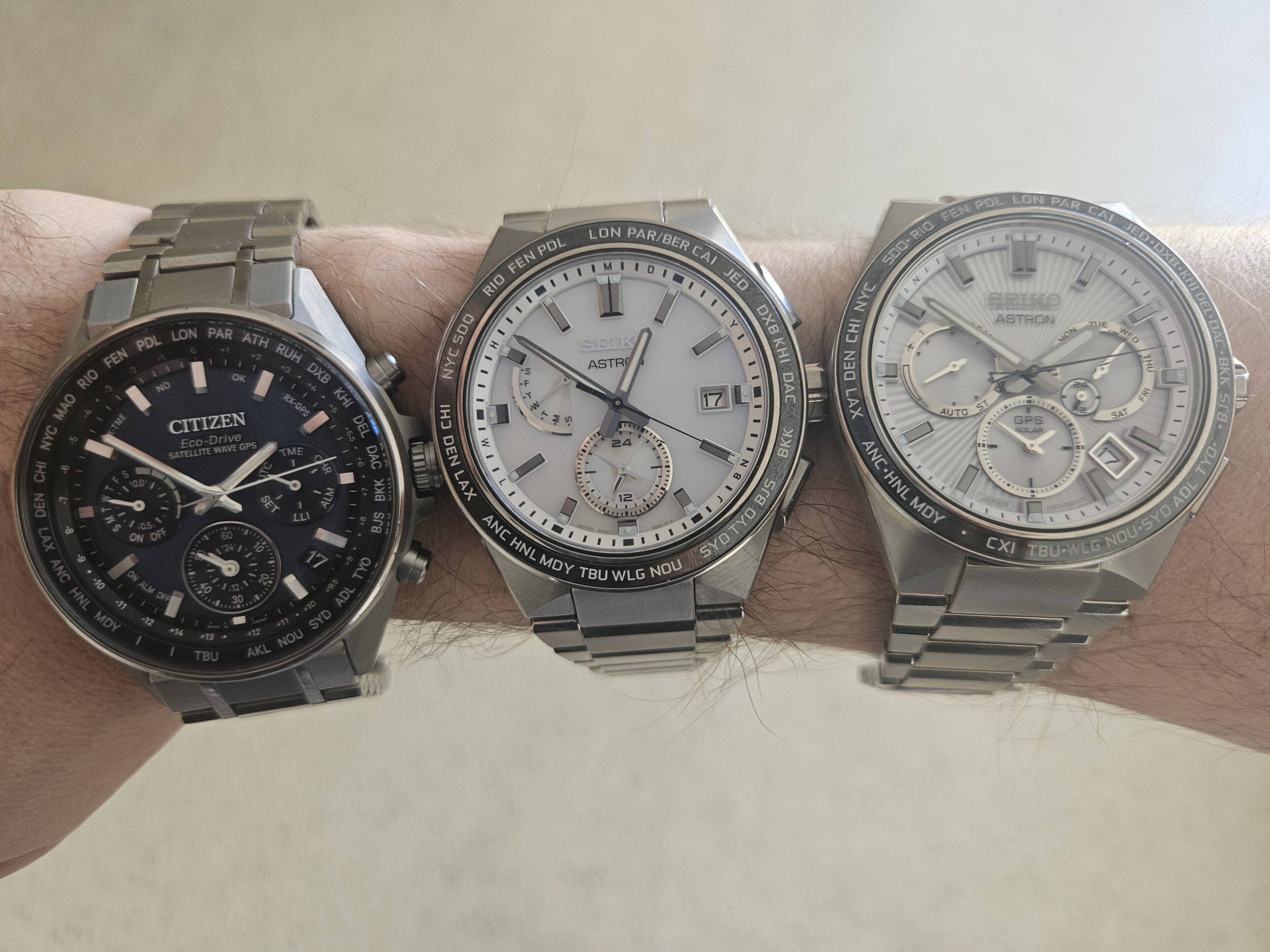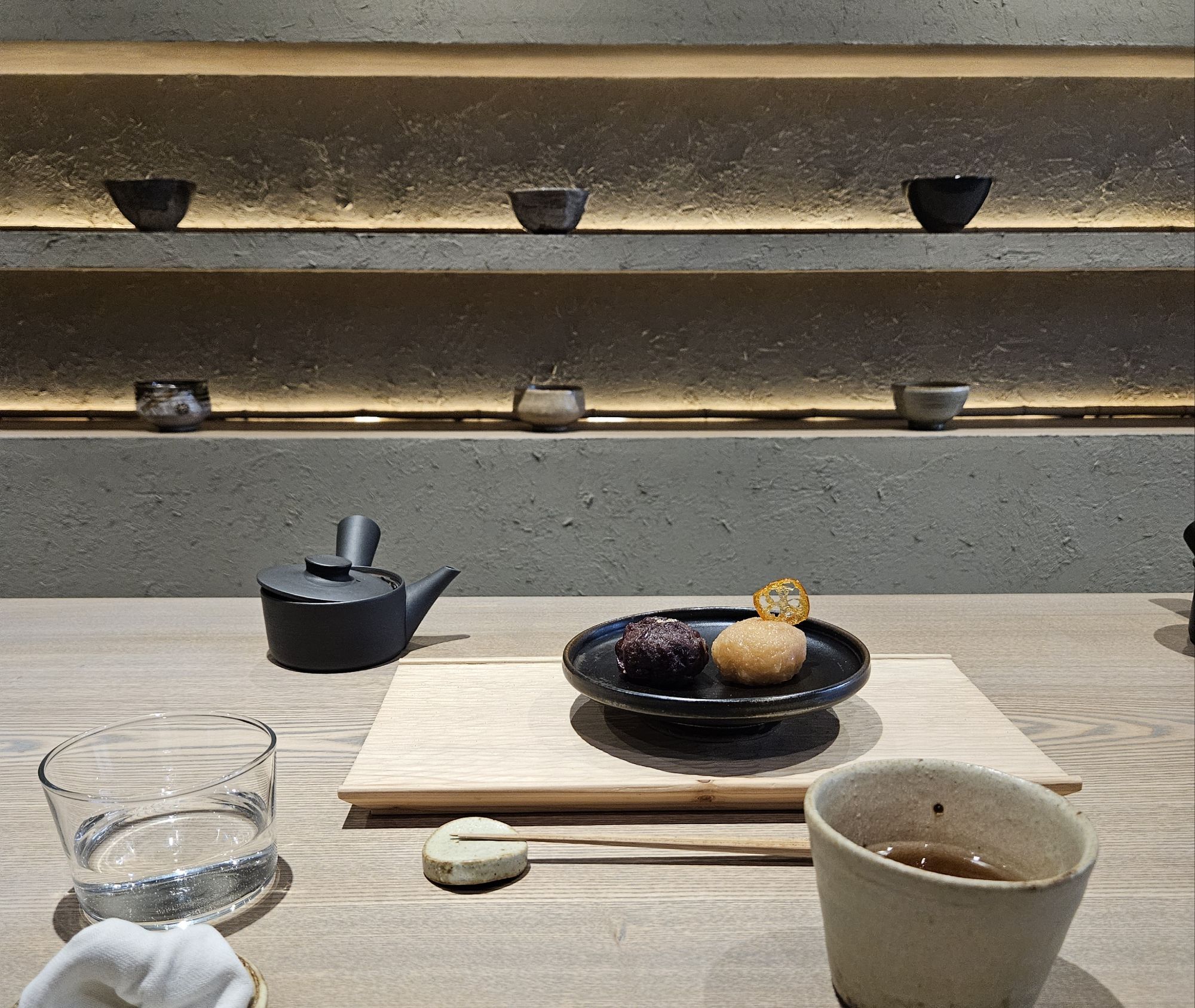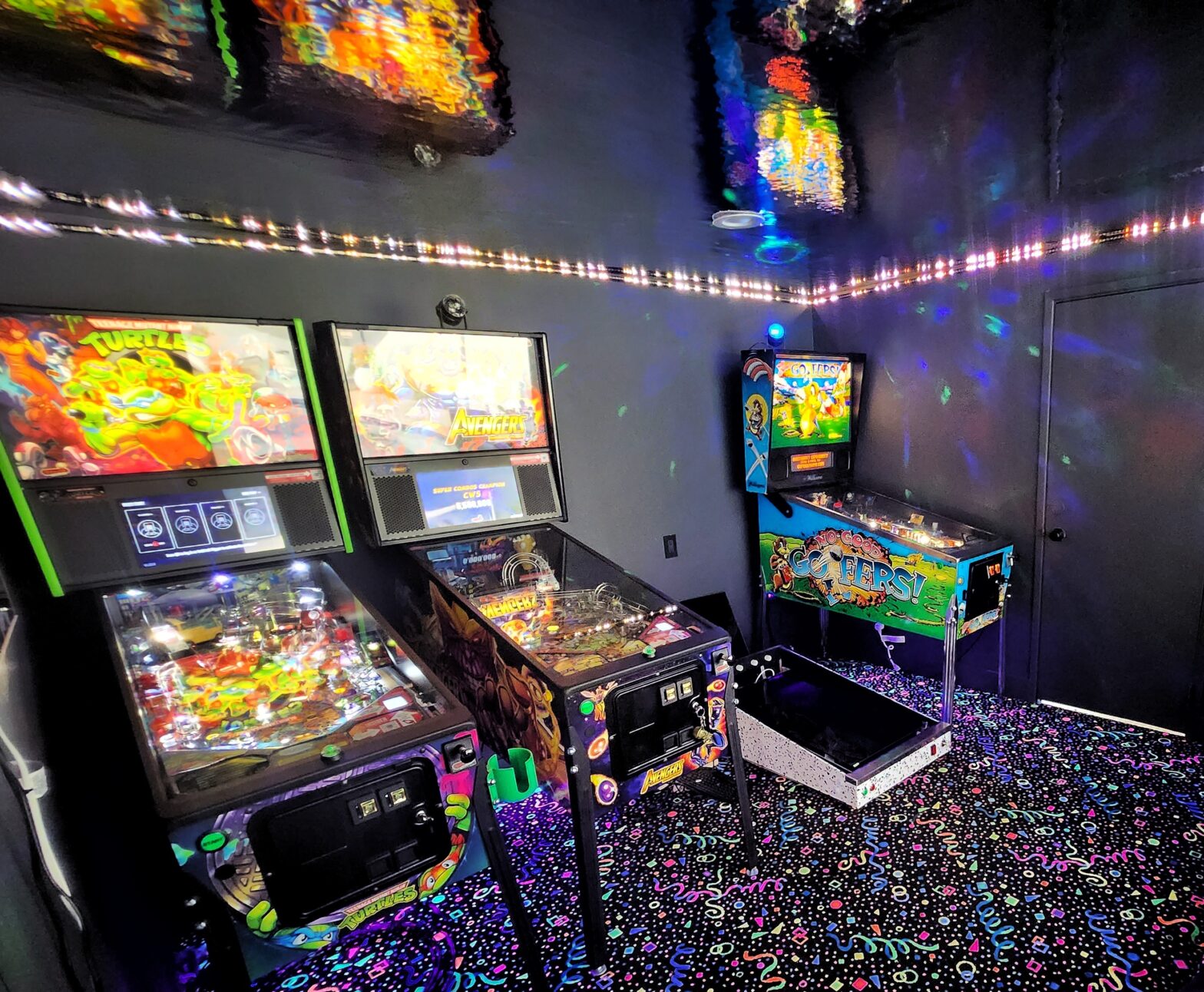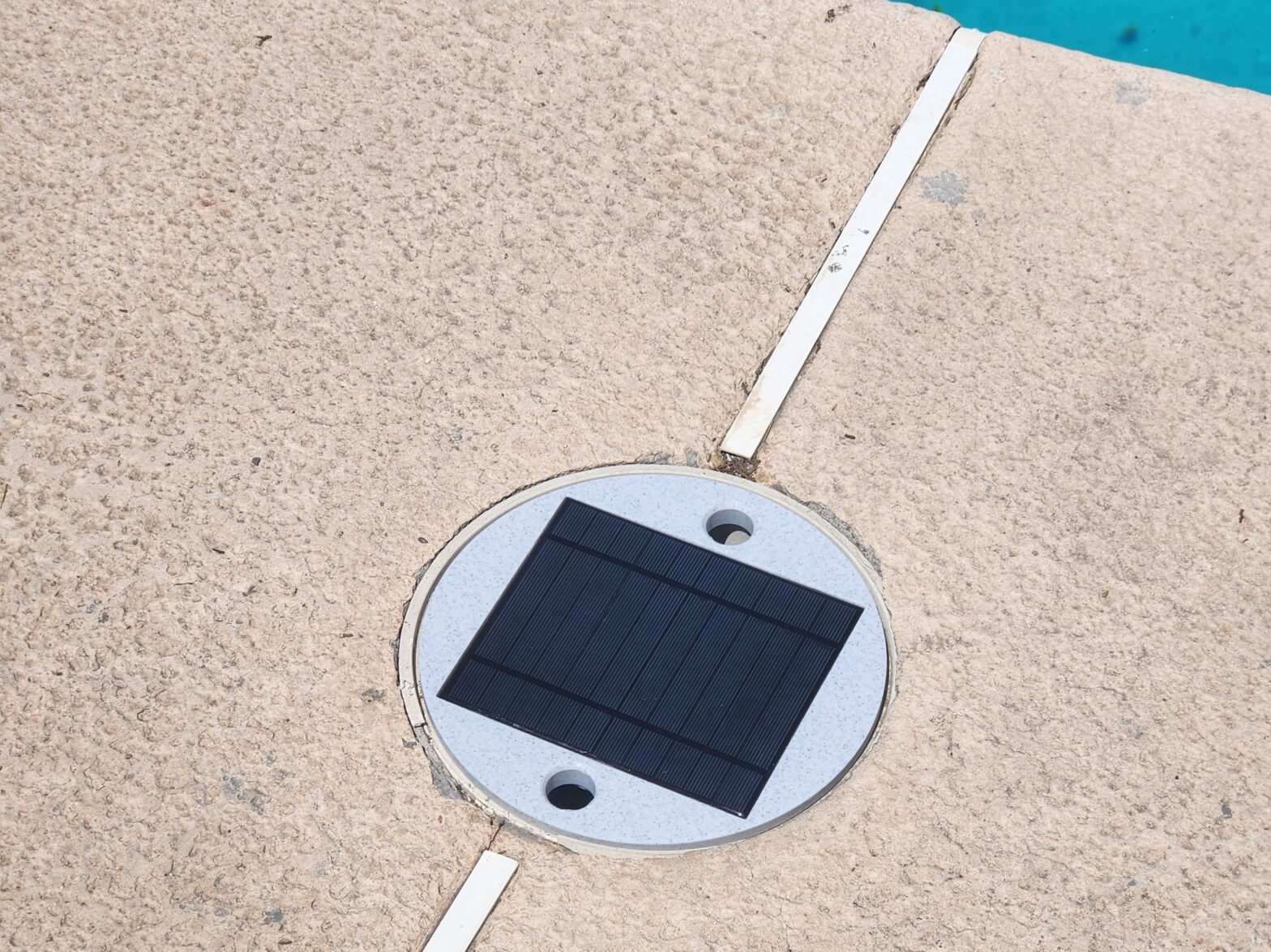-

A Comprehensive Guide to Solar Analog Travel Watches
Last year I went on a lot of cruises which took me to remote places. As I always do when I travel, I wore my trusty Breitling Transocean Unitime. I bought the watch eight years ago because, at the time, it was the only mechanical watch that I could find that had all of the…
-

Why I Quit Chipotle and What I Eat Instead
I’ve been eating Chipotle most days that I am home for over 10 years. I travel about 30-50% of the year, but during covid I ordered it so much that Chipotle sent me an email to tell me I was in the top 1% of all Chipotle orderers. Even last year, when I traveled a…
-

Ten Year Predictions Checked and Made
Ten years ago I wrote a blog post about where I thought I’d be in 2024. We’re finally here! Looking back at the blog post now I can remember exactly what my life was like back then, and I can imagine what I would think of my life now. I’m going to address my predictions…
-

Two Questions from a Fellow Tea Lover
I recently asked for post suggestions and a reader named Ellie had a bunch of questions about tea that I think bring up interesting points. First, a little bit of background— I’ve been drinking tea for about fifteen years, pretty much every day. I started because I read a book that told me about how…
-

Takussaagut 2023
I spent New Year’s Eve in London, watching literally thousands of fireworks at once from my friend’s high-rise apartment. I know I say the same thing every year, but 2023 was my best year ever and I’m excited for yet another run around the sun. Here are some highlights from my year: House projects I…
-

Superhuman 5 Event in March 2024
It’s been too long! I just did a Tea Time with Tynan video and several people asked if I was going to do any more Superhuman events. I’ve been wanting to schedule one, but I host it in a huge hotel suite which has been 3-4x the price that it was pre-pandemic. I don’t want…
-

Gear Post 2024
Remember the days when I would actually get the gear post done in time for Black Friday so that you could get better prices? Well, those days are back, at least this year. I’m really excited about this year’s post because I have a few new things that I bet you aren’t aware of… If…
-

How I Choose What to Work On
A reader, “Moo”, asked me to write about my process for entrepreneurship and how I choose what to write on. Despite being a lifelong entrepreneur and being relatively successful at it, I don’t write a lot about it because I routinely make decisions that trade money for other things (freedom, autonomy, quality of life, stubborn…
-

Getting into Pinball
Almost exactly a year ago, I began playing pinball at my friend Noah’s house. I didn’t understand how he could be so interested in Pinball that he bought two machines, but since I was staying there I figured I should play. Playing pinball in a private home is a very different experience than playing it…
-

Pool Fillers and Persistence
When I sit in my tea room, I have a decent view out the sliding glass doors to the backyard. I can see the pool, the patio, the cacti that my wife and I planted, and… a really ugly pool filler. Something I didn’t know before having a pool, but which would have been obvious…










